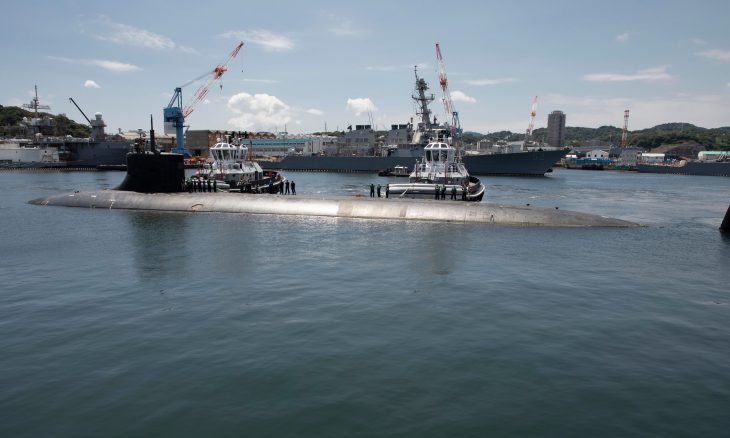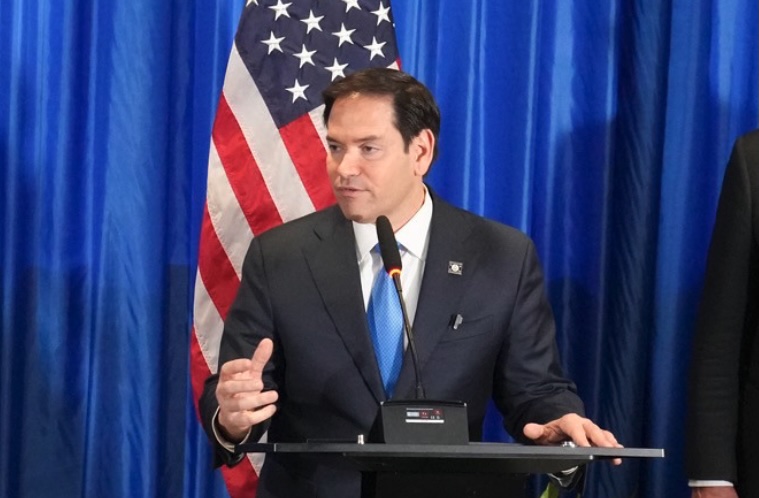Special forces, divers, and drones challenge detection systems in the first Bold Machina exercise.
The North Atlantic Treaty Organization (NATO) recently tested a range of underwater sensors designed to protect critical infrastructure from potential threats. This exercise, part of the inaugural Bold Machina 2024 held in La Spezia, Italy, was led by the Allied Special Operations Forces Command (SOFCOM) and the NATO Centre for Maritime Research and Experimentation (CMRE).
Special forces teams, equipped with advanced diving propulsion devices, tested the ability to bypass detection systems, providing valuable data to engineers on signature variations. Various sensor technologies, capable of detecting acoustic, magnetic, electric, and passive signals, were assessed, with augmented reality simulators used to analyze the data.
Maritime Development Director of SOFCOM, Captain Kurt Muhler stated the challenge of detecting underwater threats often involves navigating uncertainty and the evolving capabilities of adversaries.
“Russia is attacking Ukrainian infrastructure – why are they doing that? That’s almost a more viable target for them than the Ukrainian military is. … So that gives us some pause and reflection: how vulnerable are we?” Captain Muhler said. “If SOF can play a role in helping and proving this technology, that’s returning value for our nations and NATO.”
SOFCOM intends to deter threats during peacetime and protect against crises involving Russia and terrorist organizations. The growth of underwater technologies and increased maritime activities have reshaped the operational landscape, emphasizing multinational cooperation to defend underwater assets.
As the Lord Leads, Pray with Us…
- For Captain Muhler as he oversees SOFCOM’s Maritime Development.
- For NATO allies as they seek to protect critical infrastructure from threats.
Sources: NavyTimes, Defense News









